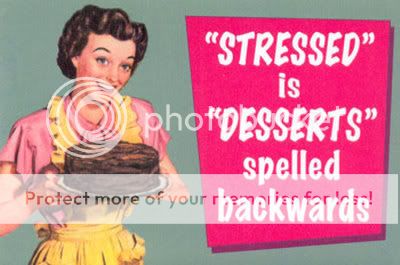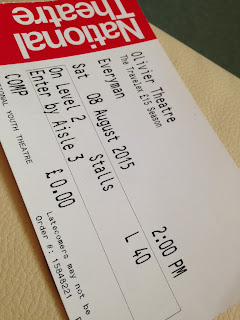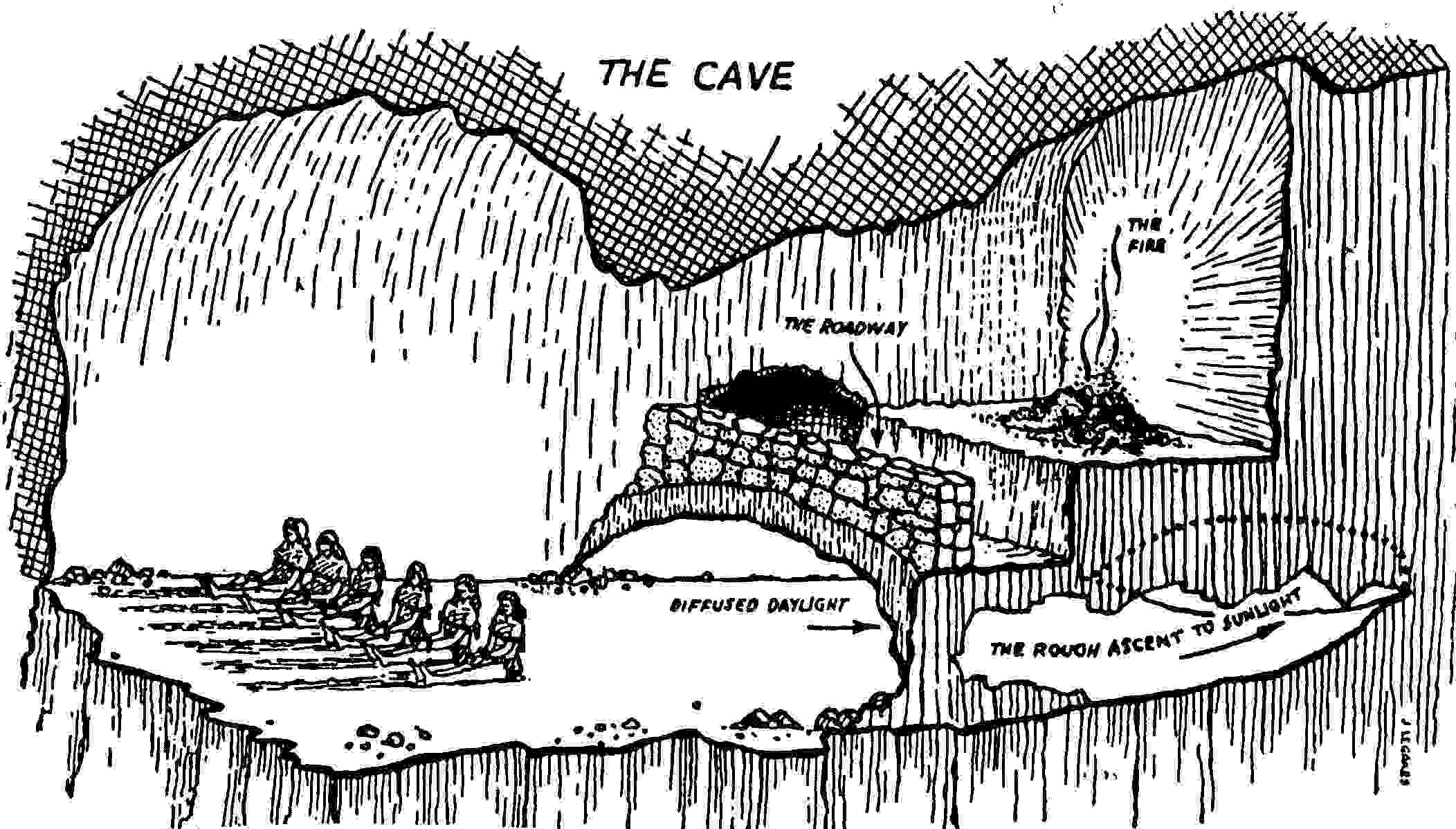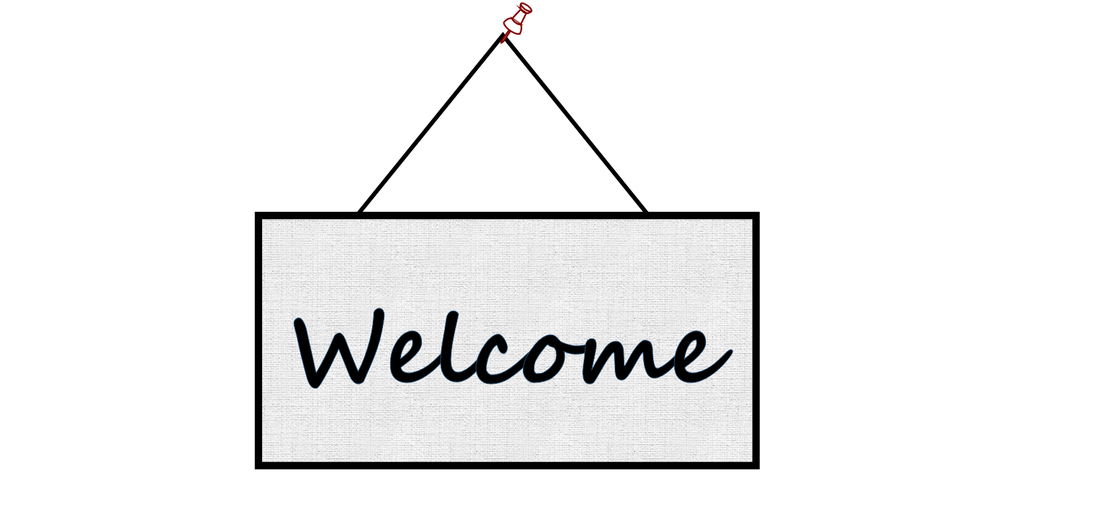
Now that it's about to get back into drama school audition season I have been trying to get myself back in the mind-set to begin researching my monologues for this year. In doing so I have also been recapping on my experiences from last year and exactly what I learned from each audition, and how I will use that to approach this year differently. I definitely don't have any correct answers, and I sure as hell don't know exactly what it takes to get in to any drama school, but with every audition I did, I started to learn a little more. This is a tiny post (although I do tend to go off on a tangent) about all of those little lessons which I know will help me this year, and will maybe help some other people too.
No preconceptions: Having no preconceptions is probably the most valuable lesson which I learned from last year, and one which I learned far too late. I think that there are so many stigmatised unwritten rules about the drama school scene: things you should avoid and things you shouldn't, and while those things are only very loosely true, you shouldn't let them determine your audition. What I mean by this is that there are a lot of things people say you shouldn't do, for example perform a 'generic monologue' like a 'Juliette' or 'Viola' speech. In all honesty I think the only thing that matters is that you pick a speech that you are 100% comfortable with, and one which you know you perform amazingly well. Last year one of my main monologues was one which I deemed to be incredibly generic, and was beginning to pop up in a lot of monologue books. Because so many people told me that the panel would have 'heard that a thousand times' it completely made me loose faith in my performance, so much so that by the end of the season, I began to believe they had rejected me as soon as I had even started by seeing it written on the page. This is so not that case, and I'm sure a drama school panel would so much rather see someone performing comfortably a piece which the actor 100% believes in and loves, rather than a piece they learned a week before just because their drama teacher told them to do a different speech. I had friends last year that would change their monologue the night before in panic that their speech wasn't the right one, and only make their audition more stressful by not being fully prepared. No preconceptions quite simply means just do exactly what you want and don't do anything because you think it's what they want. Give them yourself and give them what you think is right.
Be yourself: Being yourself goes hand in hand with having no preconceptions, because a lot of people believe a drama school has an idea of the perfect student in their head which we all at some point have tried to mould ourselves to be. Again, I'm not saying I'm 100% right about this, and perhaps to some extent they have some initial ideas of what they want, but don't believe that just because you're not wearing a pair of Nikes and an expensive sports bra they don't think you're serious. There were so many times last year that I judged people myself because they were wearing Doc Martins, and 'how would they be able to move in those??' I'm not saying turn up in your best stilettoes, but don't be afraid to show exactly who you are. Last year I wore pretty much all black to all of my auditions and spoke very politely and seriously. By the end I just wished I had shown them exactly who I am, joked with them and been a little more natural. At the end of the day these people will have to spend six days a week with you for thee years, and if you didn't have a bit of approachability about you then why would they want to commit to that? I think talking to them as if they are just another human being is the best thing you can do, and I honestly think that those soul destroying stares they sometimes give you are just a test to see if you get scared into being someone that's not you (like I did).
Be serious:I understand this can be seen to contradict the previous point about just being yourself, but I think finding that balance between the calm naturalness of you and the seriousness of a professional is where you can really go wrong. Too serious and confident and they'll think you're an arsehole, but too calm and jokey and they'll think you're not serious. If there's ANY preconception you should have, its that they're gonna want someone who can stick three years of intensity. Try to find that level of professionalism, and channel it without loosing your personality. Definitely easier said than done, but that's simply something that's needed. When I say no preconceptions, you obviously still have to remember the fundamentals of what a drama school is, and that's an incredibly professional environment into which you are trying to fit.
 Don't let nerves take over: This is an obvious one, but one that has to be mentioned because I think this is where I fell down in ALL of my auditions. The reason I have written this as 'not letting nerves get the better of you', rather than 'don't be nervous' (says mum as she waves you onto the train) is because (for me) I think that's impossible. Obviously you're gonna be nervous, but there a difference between a little bit of adrenaline and letting the fact that you're shaking mean that your voice quivers while delivering a monologue. A panel can sense nerves as soon as you walk into a room, and if it becomes part of your personality, then you're not going to be able to convey your professionalism. Like I say, they need someone who can stick it. I think the best way to control nerves is to find a way to be at one with your body, and you may think that sounds incredibly hippy and untrue, but on a personal note, the minute I can sit in a corner and do some controlled breathing, or some yoga is when I'm feeling my least nervous. I feel that being able to connect with yourself and have complete focus is when you can train your body not to convey your nerves, even though they're there inside. If you're thinking about the panel, or messing up your words or how you look or anything like that ,then you're not thinking about yourself and your intentions and therefore it's easy to become unfocussed on your nerves. Obviously that feeling is much more of a personal one, but I thought I would share my ways to deal with it. Also there are people who don't get nervous, so obviously you lucky and annoying human being, this doesn't apply to you.
Don't let nerves take over: This is an obvious one, but one that has to be mentioned because I think this is where I fell down in ALL of my auditions. The reason I have written this as 'not letting nerves get the better of you', rather than 'don't be nervous' (says mum as she waves you onto the train) is because (for me) I think that's impossible. Obviously you're gonna be nervous, but there a difference between a little bit of adrenaline and letting the fact that you're shaking mean that your voice quivers while delivering a monologue. A panel can sense nerves as soon as you walk into a room, and if it becomes part of your personality, then you're not going to be able to convey your professionalism. Like I say, they need someone who can stick it. I think the best way to control nerves is to find a way to be at one with your body, and you may think that sounds incredibly hippy and untrue, but on a personal note, the minute I can sit in a corner and do some controlled breathing, or some yoga is when I'm feeling my least nervous. I feel that being able to connect with yourself and have complete focus is when you can train your body not to convey your nerves, even though they're there inside. If you're thinking about the panel, or messing up your words or how you look or anything like that ,then you're not thinking about yourself and your intentions and therefore it's easy to become unfocussed on your nerves. Obviously that feeling is much more of a personal one, but I thought I would share my ways to deal with it. Also there are people who don't get nervous, so obviously you lucky and annoying human being, this doesn't apply to you. Its important to say obviously that I haven't gotten into drama school (yet?), so all of these things are just what I think. They are not true or what's right, simply what I think I now need to do going into my second year. :) x
For some profesh advice, I came across this website the other day which I thought gave some good points: http://www.backstage.com/advice-for-actors/backstage-experts/10-tips-winning-audition/




